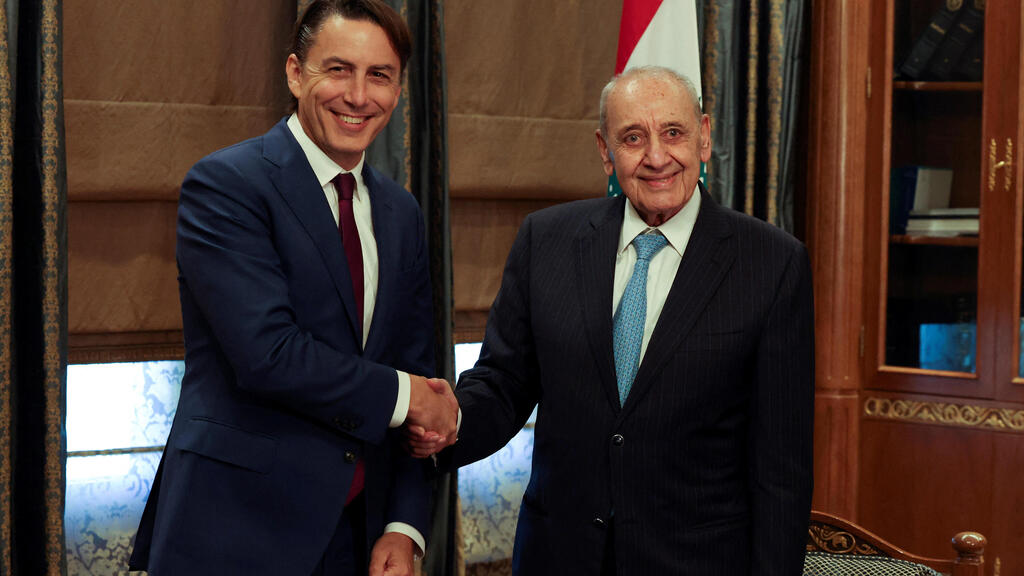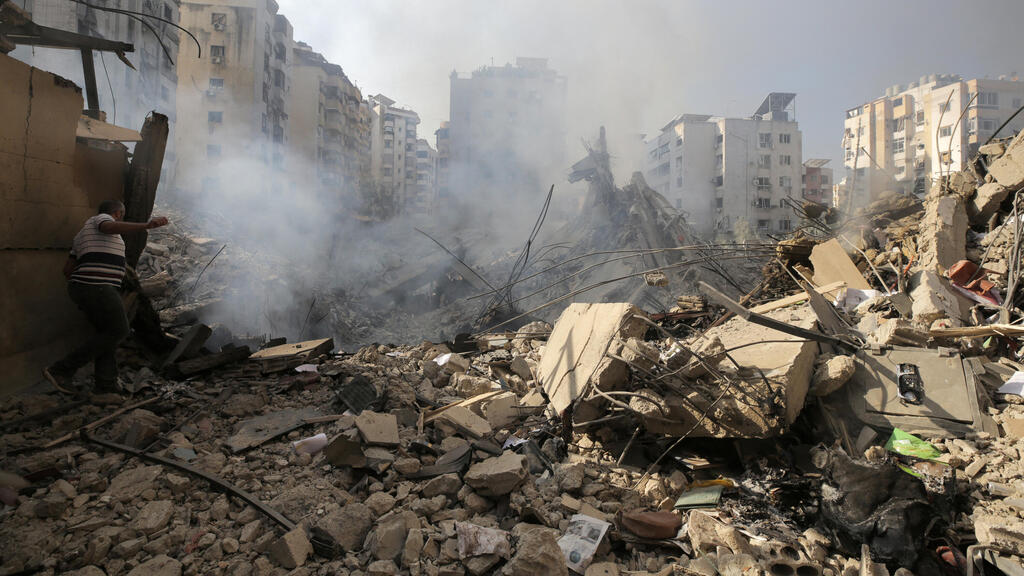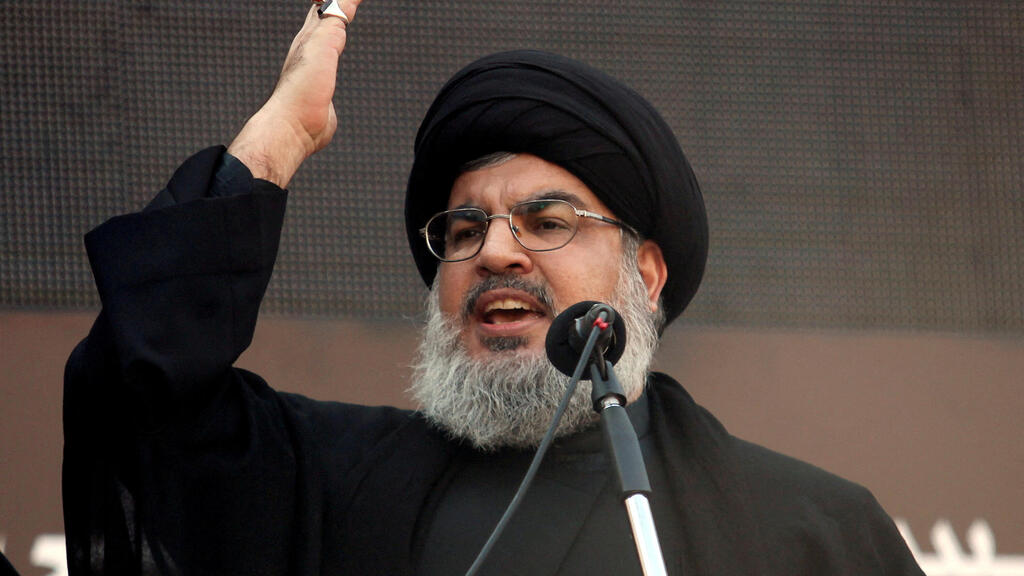Getting your Trinity Audio player ready...
Aftermath of IDF strike on Beirut
(Video: Reuters)
The assassination of Hezbollah chief Hassan Nasrallah on Friday will have dramatic consequences. The terror group operates as both a military and political entity, with an armed force of 30,000 to 50,000 fighters and an arsenal that includes rockets, cruise missiles, ballistic missiles and drones, surpassing most armies worldwide, including some European powers.
With the killing of the group's leader and other senior commanders, Israel has reportedly debilitated around 90% of Hezbollah’s military command. According to foreign media, its mid-level commanders, responsible for operating its weapons systems, were largely harmed or killed in the coordinated detonation of Hezbollah's communication devices earlier this month.
Despite this, the group still retains the ability to launch heavy barrages toward Israel, including precision missiles capable of carrying warheads of up to 100 kilograms (220 lbs.).
On Saturday, local commanders initiated attacks based on orders given prior to the elimination of much of the senior military command. The risk to civilians remains high, prompting the IDF to enforce restrictions in central Israel, limiting gatherings to no more than 1,000 people in one location.
Iran will not be able to look away
The Cabinet was not informed of the planned strike against Nasrallah but was notified that the IDF would carry out operations that could potentially lead to a regional war, as required by law. Although Nasrallah was not initially targeted, intelligence on his movements was being collected.
The strategic ramifications are immediate. Iran is likely to retaliate, as it provided Hezbollah with its arsenal of heavy and precise missiles and is committed to maintaining its Lebanon-based proxy’s strategic capabilities, which can disrupt any Israeli attack on Iranian nuclear sites.
Nasrallah was a key figure in Iran's so-called "Axis of Resistance," holding a status comparable to that of Supreme Leader Ali Khamenei. Despite Khamenei’s seniority, he valued Nasrallah’s expertise on Israel.
To the Iranians, Nasrallah was not just a leader of Hezbollah but a Shiite figurehead, integral to Iran's goal of spreading its Islamic revolution throughout the region and beyond. His death will likely compel Iran to seek revenge.
This could manifest in a direct Iranian attack on Israel or through its proxies in Iraq and Syria. Israel must also prepare for the possibility that Iranian commanders might assume control of Hezbollah's forces and lead any retaliatory actions.
Iran may also attempt to target Israelis and Jews worldwide, as well as facilities connected to Israel. Hezbollah could activate its international terror cells led by Talal Hamiyah, who is believed to still be alive. The U.S. has offered a $7 million reward for information leading to his capture.
Biden administration officials said that they were not informed in advance of the planned assassination, despite their longstanding grievances with Hezbollah, which bombed the U.S. embassy and Marine barracks in Beirut in the 1980s, killing hundreds.
3 View gallery


White House special envoy Amos Hochstein and Lebanon's Parliament Speaker Nabih Berri
(Photo: Mohamed Azakir / Reuters)
They hope to continue mediating cease-fire talks, which would now focus on the caretaker government in Beirut and Shiite Parliament Speaker Nabih Berri, after Nasrallah’s death severed the link between the war in Gaza and Hezbollah.
It is difficult to predict how these developments will impact negotiations for the release of Israeli hostages held by Hamas. On one hand, Hamas leader Yahya Sinwar may see Nasrallah’s fate as a warning of what could happen to him. On the other hand, Nasrallah’s assassination could trigger the regional war Sinwar has been seeking, eliminating his incentive to negotiate a hostage deal.
I believe the killing of the Hezbollah leader could push negotiations in Gaza in a positive direction, as it forces all parties involved to reassess their positions and consider their best interests, particularly Iran.
If the United States aims to advance negotiations in both the north and the south, it should directly threaten Iran against any attack on Israel, whether direct or via its proxies.
In the meantime, Israel must maintain military pressure on Hezbollah in the coming days, at least until the situation in Beirut becomes clearer.







